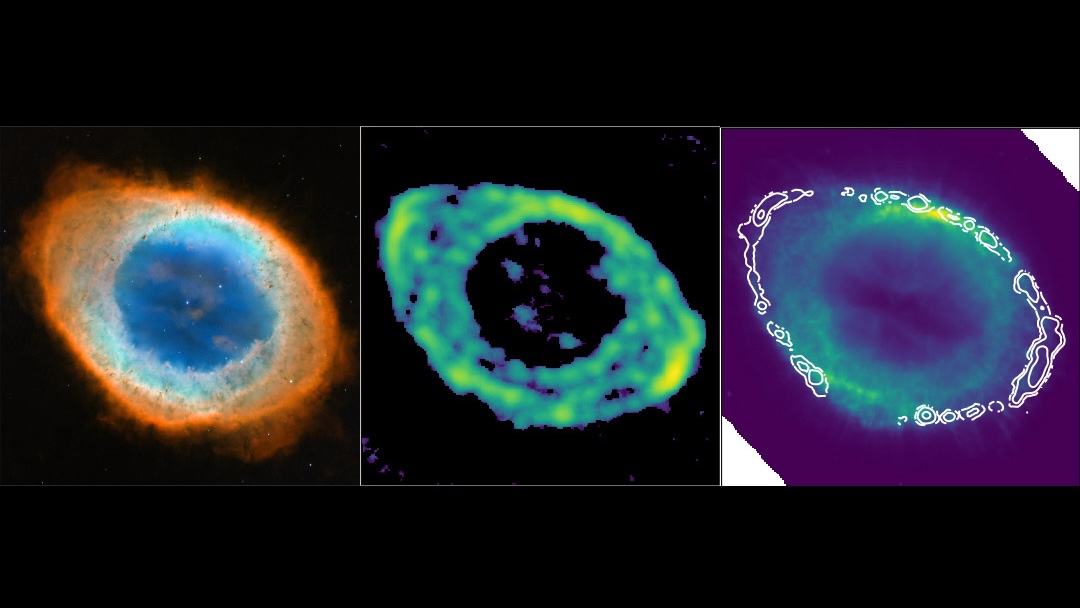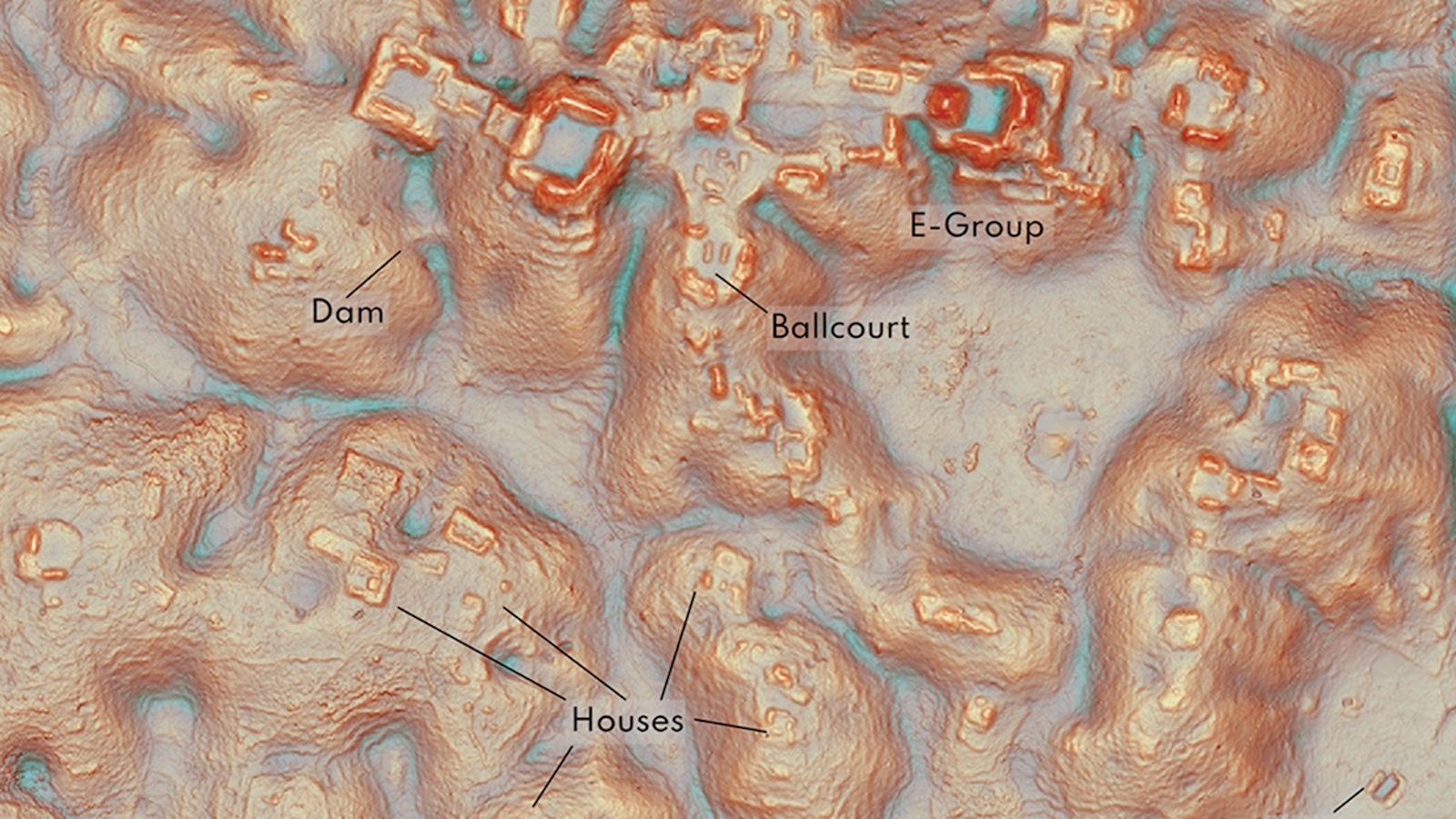Better Models of Our Nature: Social Scripts And Self-Command

Better models of our nature are needed. Freud’s ideas, though largely discredited (they’ve been called a “stupendous intellectual confidence trick“), still haunt the arts, and even exert a barely repressed influence within science. Three ideas buried in Steven Pinker’s book about declining violence can help:
1. Freud’s “hydraulic error”: Evolved urges can be of at least two types, either like those for food or for fighting. Hunger is hydraulic, building over time, needing regular relief. Freud favored this model, wherein repression or denial caused problems. But Pinker shows fighting isn’t hydraulic and could only be adaptive if strategically controlled and restricted to certain contexts.
2. The “evo-irresistible error”: Perhaps pop-psychology’s worst idea is that we’re driven by hard to resist innate impulses. Non-hydraulic contextual behaviors (like strategic fighting) are only possible because we evolved capacities for restraint and selective action. Pinker notes self-control has “been with us for as long as we have been human.” Indeed, self-command has always been adaptive (as the Stoics said, its opposite is self-defeat).
3. Pinker says “the human behavioral repertoire includes scripts…that lie…[dormant]…and may be cued by… [suitable] …circumstances.” Here he means innate scripts for violence, but the idea of cued scripts applies broadly. And much human behavior, including what you and I are doing at this precise moment (reading and writing), isn’t in our genes…
4. Our first nature necessarily acquires second natures. Non-genetic behaviors, socially acquired or personally invented, can adapt much faster than genetic ones. Socially acquired skills and scripts leverage the experience of (hopefully wiser) others (thereby avoiding reinventing behavioral wheels, which most aren’t smart enough to reinvent).
5. Script logic is inherently linguistic (maxims, rules of thumb) and even story-like (parables) rather than math-like (and per Freud it can be conscious, or not). Logic structures of the type “If context A then do X” are what make contextually cued behavior possible. They likely explain common behavioural “inconsistencies” and “non-conflicting contraries.” Different contexts can cue different scripts for seemingly conflicting behaviors X and Y, without X and Y constantly struggling (compare Freud’s constantly warring unconscious desires). Aristotle believed living well required training your desires (unconscious scripts) to be orderly.
6. Even hydraulic urges like hunger have cultural scripts. The idea that certain foods are innately irresistible ignores that our food behaviors have likely long required culturally scripted self-control. Christopher Boehm argues that hunter-gatherers exiling or executing meat hogs created strong (artificial) selection pressures for food related self-control. Perhaps a cultural “if it feels good, do it” script now contributes to widespread food related issues (and other potentially “life ruining” problems).
Only two things exist whose behaviors are highly configurable by this sort of rapidly updatable algorithmic script logic: you and what you’re looking at. Only humans and computers have non-genetic script-like software.
It’s time we de-installed Freud’s ideas and upgraded to better models of our nature. Much of the logic coupling our basic biological drives to our behaviors is script-like (and locally configurable).
Illustration by Julia Suits, The New Yorker Cartoonist & author of The Extraordinary Catalog of Peculiar Inventions.





